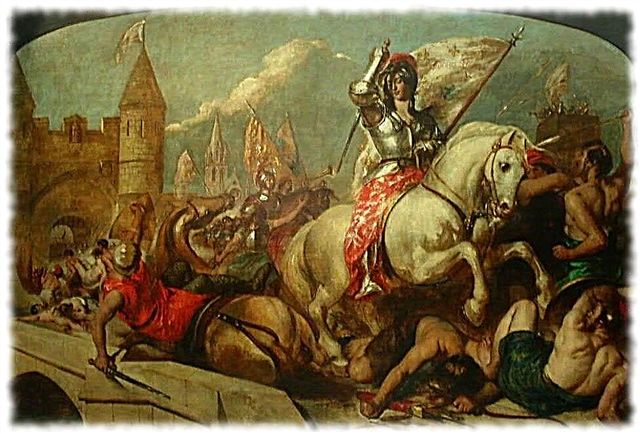
The sun is the main patriarchal symbol, and according to many philosophers, the daylight best illustrates the main qualities of a successful ruler. After all, it gives light and warmth, gives rise to life, brings joy, provides prosperity.
For French history, the image of the sun is tightly connected with the name of the monarch Louis XIV, who bore just such a nickname: The Sun King. Why did his subjects begin to call him that? Did he really deserve such a name? To learn more about this, you need to immerse yourself in the history of the country, find out the details of the reign of the radiant monarch.
The appearance of the Sun King epithet: the most common version

Participation in theatrical productions
There are several versions that reveal the origin of the nickname of Louis XIV. So, the most common option is considered, indicating the participation of the king in court theater productions. It is believed that in them he usually got the role of the Rising Sun or the ancient Greek solar god Apollo. However, one cannot rely on this version alone, since he probably received such roles not by chance. Most likely, at that time the king already had the nickname of the sun, which was emphasized by the appointment to such roles.
Participation in the Tuileries Carousel ceremony
Another version suggests that Louis participated in the Tuileries Carousel ceremony, where he was present with a shield depicting the sun.In those days, a similar fact would really have been noticed and noted, since heraldry and symbols were given great importance. Images on banners and shields were forever attached to people, places, preserved for many centuries. However, within the framework of this version it can also be indicated that if the solar disk was depicted on the shield, this did not happen by chance. Either the personality itself identified itself with the symbol of the sun, or this identification was already common among people. Otherwise, any other symbol could be applied to the shield.
Other, more plausible options suggest that the country's inhabitants were inspired by the fact that France during the reign of this monarch really shone like the sun, because this version is quite believable. And there are opinions that claim that the sun in France could be called any king who entered into his right for the period of regency. However, the above options remain only theories, because they give a very superficial explanation.
Most likely guess
The most likely option in the framework of this issue is the connection of King Louis with the Jesuit Order and its almost fanatical religiosity. At the masses of the king had to see every day, although any of the Catholics enough to appear on one of them once a week. The king builds his ideas about power and himself on the basis of the doctrine according to which power was granted by God.
Under Louis XIV, massive religious persecution takes place, only the Catholic Church is supported, other movements are accused of heresy.All persecution comes from the Order of the Jesuits, which received special royal support, because this ideology was close to the ruler from an early age, since childhood he was surrounded and educated by the Jesuits. Thanks to this situation, Paris becomes the Jesuit capital.

It would seem, where does the sun? However, the solar disk is a Jesuit symbol (or the Order of St. Ignatius by the name of the founder), almost a personal seal of the order. Louis, being his patron, could well acquire the nickname Sun King, use the paraphernalia depicting the solar disk. Faith and religion in those days played a huge role in people's lives, and the prosperity of the country under the ruling hand of a religious monarch seemed quite natural, proving once again the connection between the ruler and higher powers.
Thus, the popular name of Louis XIV the King of the Sun, about which everyone knows from history books, is primarily associated with the religiousness of the monarch and his commitment to the Jesuit order, which also actively used solar symbols. It can also personify the prosperity of France during the reign of the great king, or be associated with his personal symbolism, because he even had a shield with the image of the solar disk.












